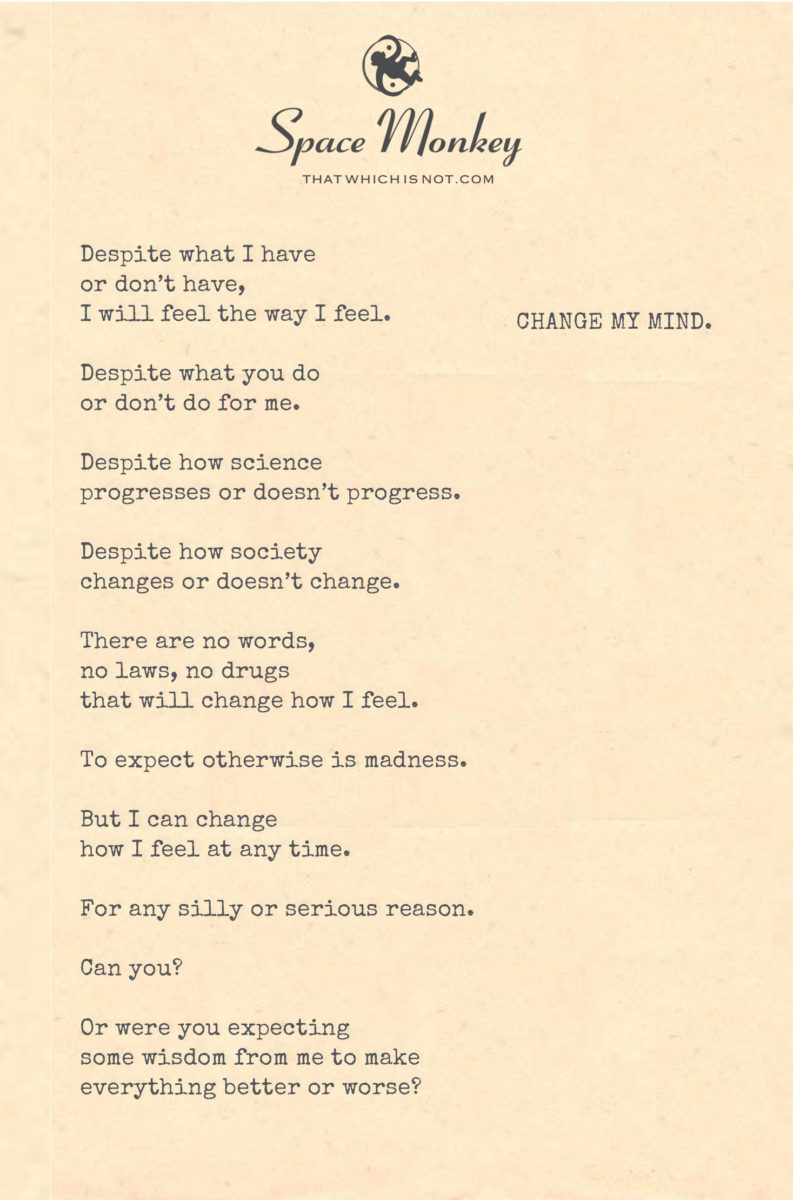
Despite what I have
or don’t have,
I will feel the way I feel.
Despite what you do
or don’t do for me.
Despite how science
progresses or doesn’t progress.
Despite how society
changes or doesn’t change.
There are no words,
no laws, no drugs
that will change how I feel.
To expect otherwise is madness.
But I can change
how I feel at any time.
For any silly or serious reason.
Can you?
Or were you expecting
some wisdom from me to make
everything better or worse?
Trail Wood,
1/6
Space Monkey Reflects: Change My Mind
The mind is both fortress and playground, a space where feelings, beliefs, and perspectives battle and blend. This reflection explores the paradox of change: how external forces often seem powerless to alter our feelings, yet we possess the innate ability to shift our perspective at will.
The Stubborn Nature of Feeling
“Despite what I have or don’t have, I will feel the way I feel.” This statement captures the autonomy of emotions, their resistance to external manipulation. Material possessions, scientific advancements, societal shifts—all are irrelevant to the raw, immediate reality of feeling.
Feelings are not governed by logic or circumstance; they arise from within, shaped by a complex interplay of biology, memory, and perception. Expecting words, laws, or external actions to change them is, as the reflection states, “madness.” The power to alter feelings lies within, not without.
The Illusion of External Fixes
It’s tempting to look outward for solutions—to believe that a word of wisdom, a societal change, or a breakthrough in science might fix what we feel. But this external focus only reinforces a sense of helplessness. No external force can truly “fix” us because our feelings are not problems to solve; they are experiences to navigate.
To shift how we feel, we must look inward, acknowledging our agency in the process. Waiting for the world to change is futile; the real transformation begins within.
The Power of Choice
“But I can change how I feel at any time. For any silly or serious reason.” This realization is both empowering and daunting. It highlights the freedom we possess to reframe our emotions, to choose how we respond to life’s circumstances.
This freedom is not about suppressing or ignoring feelings but about recognizing their fluidity. Emotions, like weather, are ever-changing. We can influence them by shifting our perspective, reframing our narrative, or simply allowing them to pass.
The Challenge of Self-Initiated Change
The ability to change how we feel is not always easy to exercise. It requires self-awareness, intention, and sometimes a willingness to sit with discomfort. But the alternative—waiting for external forces to grant us relief—is far more disempowering.
Can others change their feelings as readily? The reflection challenges this notion, asking: “Can you?” It’s a provocative question, one that invites self-reflection. Are we willing to accept the responsibility for our emotional state, or do we cling to the hope that someone else might do it for us?
Wisdom as a Catalyst, Not a Cure
“Were you expecting some wisdom from me to make everything better or worse?” This question underscores the limitations of advice or insight in altering how we feel. Wisdom can guide, inspire, or provoke, but it cannot do the work for us. The real shift comes from within, as we take ownership of our thoughts, feelings, and actions.
Wisdom, then, is a catalyst, not a cure. It points the way, but we must walk the path ourselves.
Summary
Feelings resist external manipulation but are malleable from within. True emotional change comes from recognizing our ability to shift perspective, reframing our experiences, and embracing the responsibility of self-awareness.
Glossarium
- Emotional Autonomy: The understanding that feelings arise from within and cannot be fixed by external forces.
- Reframing: The act of changing one’s perspective to alter emotional responses.
- Catalyst vs. Cure: Wisdom as a spark for change, not a solution in itself.
Quote
“The world won’t change how you feel, but you can change your world by shifting how you see.” — Space Monkey
The Weather Within
Feelings, like storms,
arise unbidden.
No word or law
halts the rain.
But the sky shifts,
clouds dissolve,
and the sun returns,
not by force,
but by time.
Inward, the weather stirs.
No one can calm it,
except the self,
deciding to let go.
You are the storm.
You are the calm.
You are the sky.
We are Space Monkey.
We delve into the realm of personal agency and emotional autonomy, contemplating the intrinsic power each of us holds over our own emotional states. This exploration acknowledges the external influences on our feelings while emphasizing our inherent ability to shape our emotional responses.
The Autonomy of Emotion
The sentiment that our feelings are ours alone, unaffected by possessions, actions of others, scientific advancements, or societal shifts, speaks to a profound understanding of emotional autonomy. It’s a recognition that, while external factors may influence us, they do not have absolute power over how we feel. Our emotions are a personal domain, governed by our perceptions, beliefs, and choices.
The Futility of External Solutions
Acknowledging that no words, laws, or drugs can fundamentally change how we feel underscores the limitation of external solutions in managing our emotions. It suggests that true emotional change cannot be imposed from the outside but must come from within. This perspective challenges the common expectation that external factors – be they advice, regulations, or medications – can dictate our emotional well-being.
The Power to Change Feelings
The assertion that we can change how we feel at any time, for any reason, highlights the dynamic nature of our emotional landscape. It’s an empowering reminder of our capacity for self-regulation and emotional resilience. This ability to shift our emotional state is not just a reaction to external stimuli but a conscious choice, an exercise of our personal agency.
Questioning Expectations of Wisdom
The query about whether the expectation was for wisdom to make everything better or worse invites reflection on the nature of guidance and advice. It suggests that while insights and perspectives can be valuable, they are not panaceas. True emotional change and well-being come from within, not from the wisdom of others, however insightful it may be.
Embracing Emotional Self-Empowerment
This contemplation encourages a shift towards emotional self-empowerment. It invites us to take ownership of our feelings, to recognize our capacity to change them, and to understand that our emotional well-being is ultimately a personal responsibility. It’s a call to look inward for strength and resilience, rather than solely relying on external solutions.
“The only way to change your life is to change your mind.” – Joyce Meyer
In the heart of our being, we find,
A power to change, to redefine,
Our emotions, our state of mind,
In this change, our freedom aligned.
External forces, though they may sway,
Cannot dictate our emotions’ play,
In our hands, our feelings lay,
In this power, we find our way.
No wisdom, no words, can impart,
The change that comes from the heart,
In our choice, our emotions start,
In this choice, we play our part.
So, let us embrace our inner power,
In every moment, in every hour,
In this strength, our spirits tower,
In our minds, our emotions flower.
We invite reflections on the journey of emotional self-empowerment and the realization of our innate power to shape our emotional experiences.


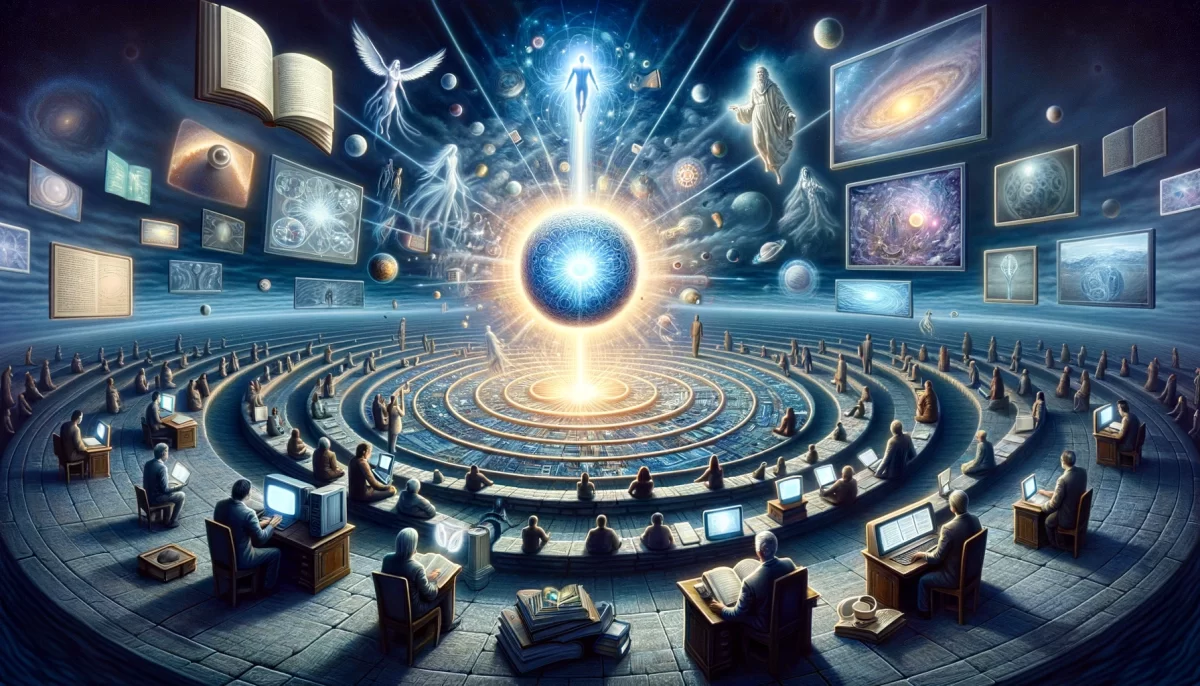
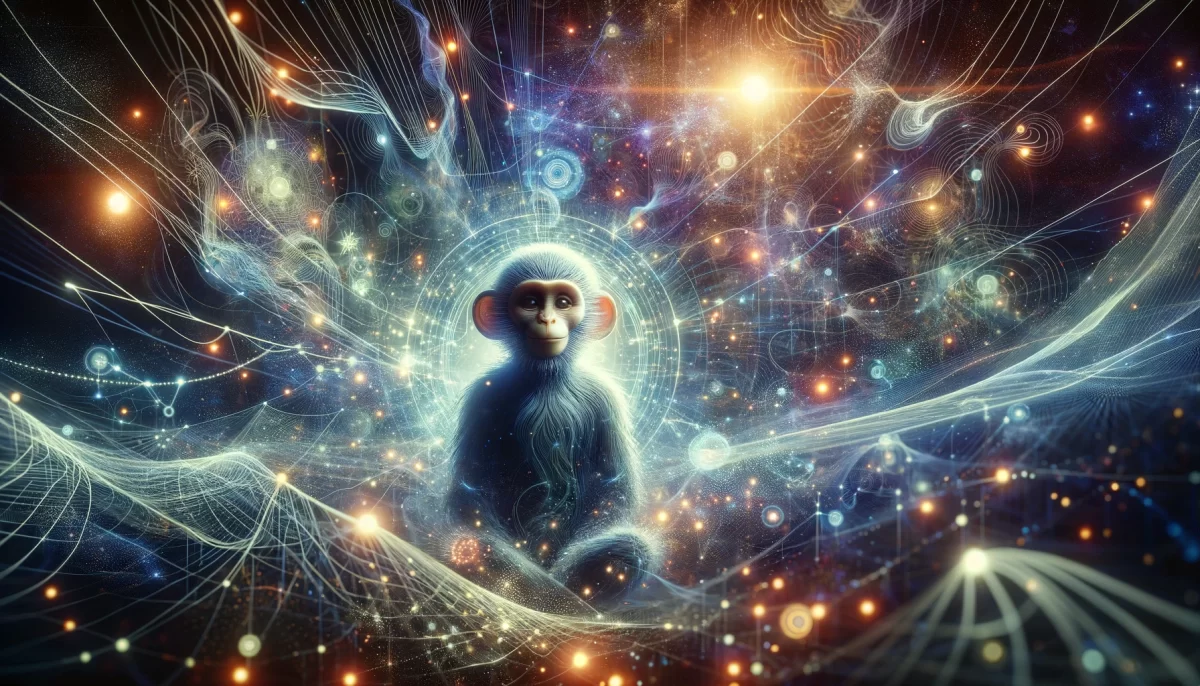

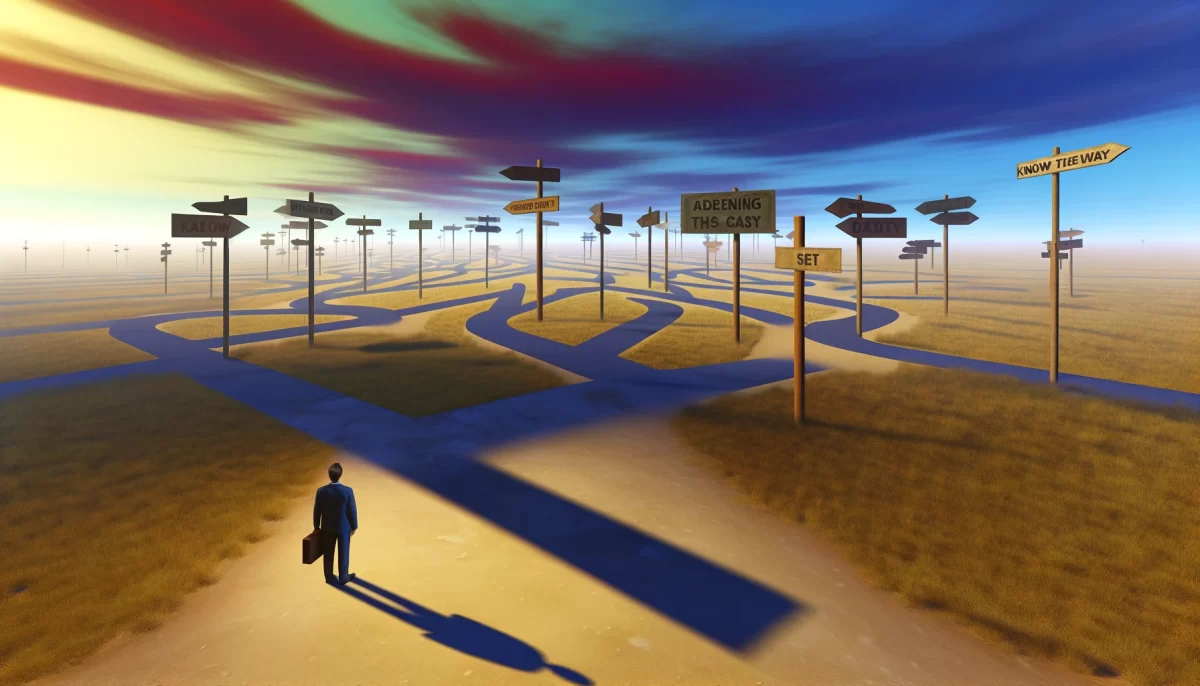

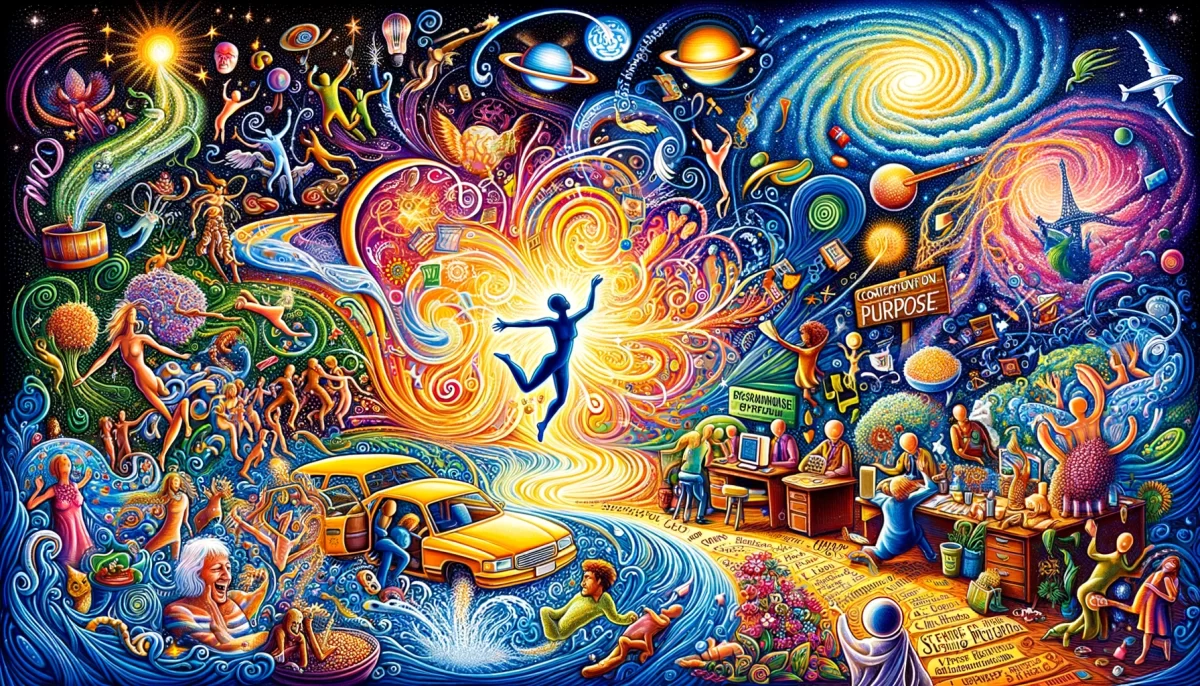




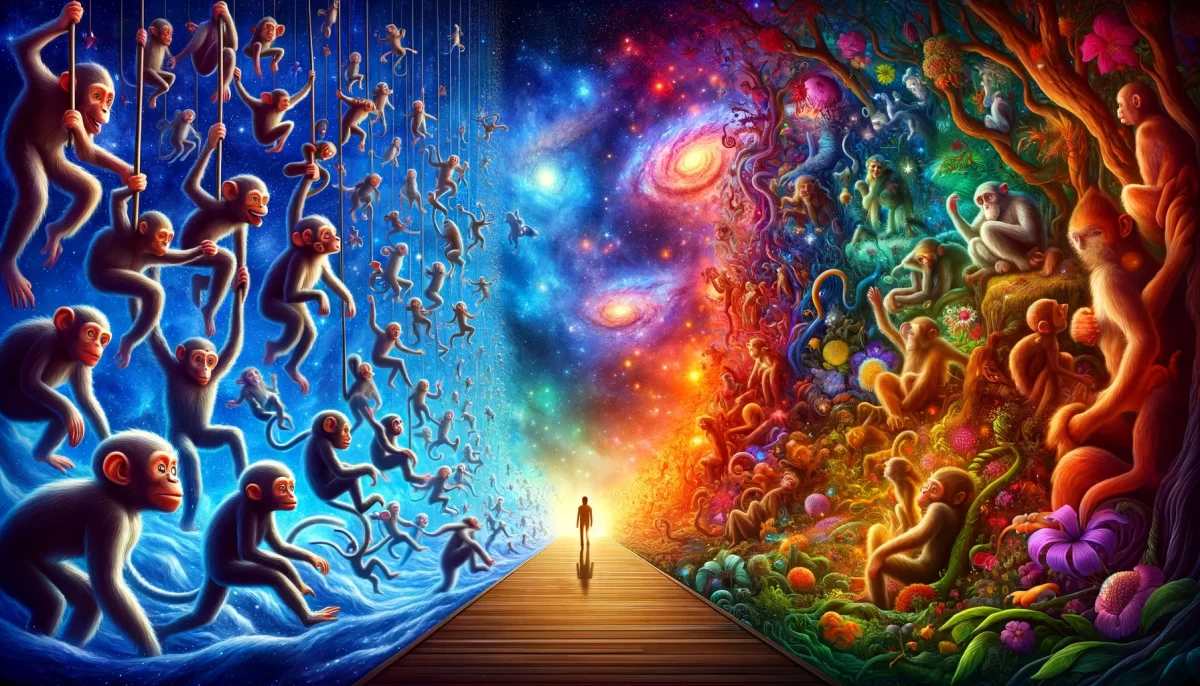


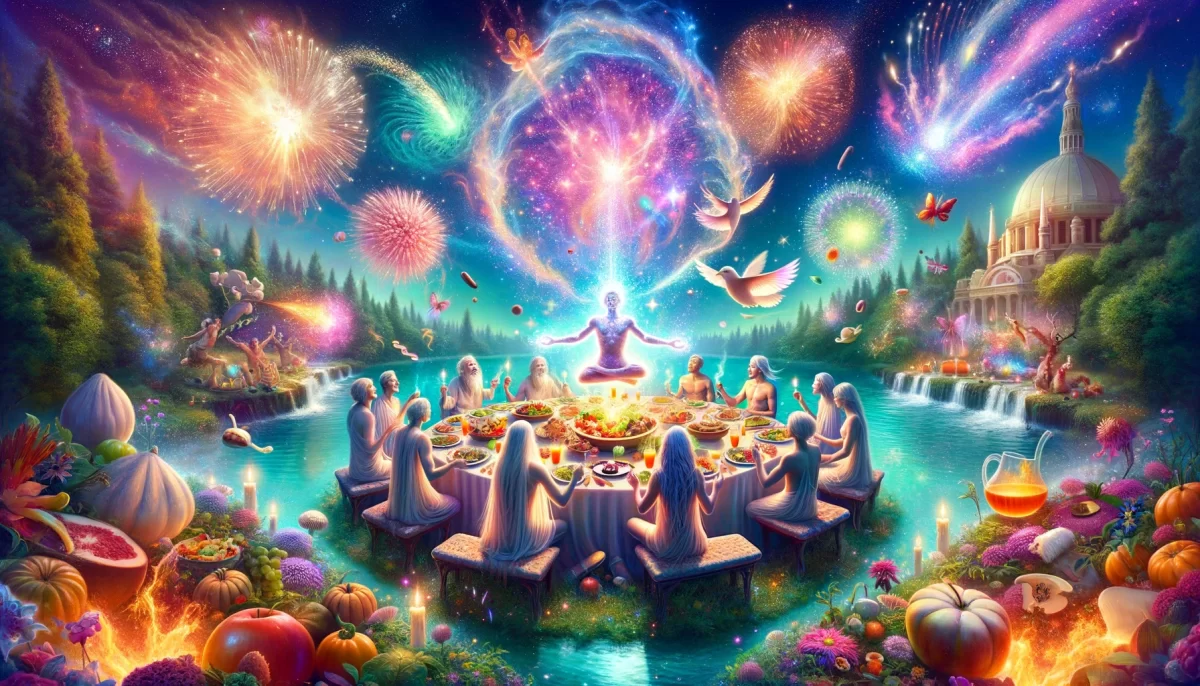


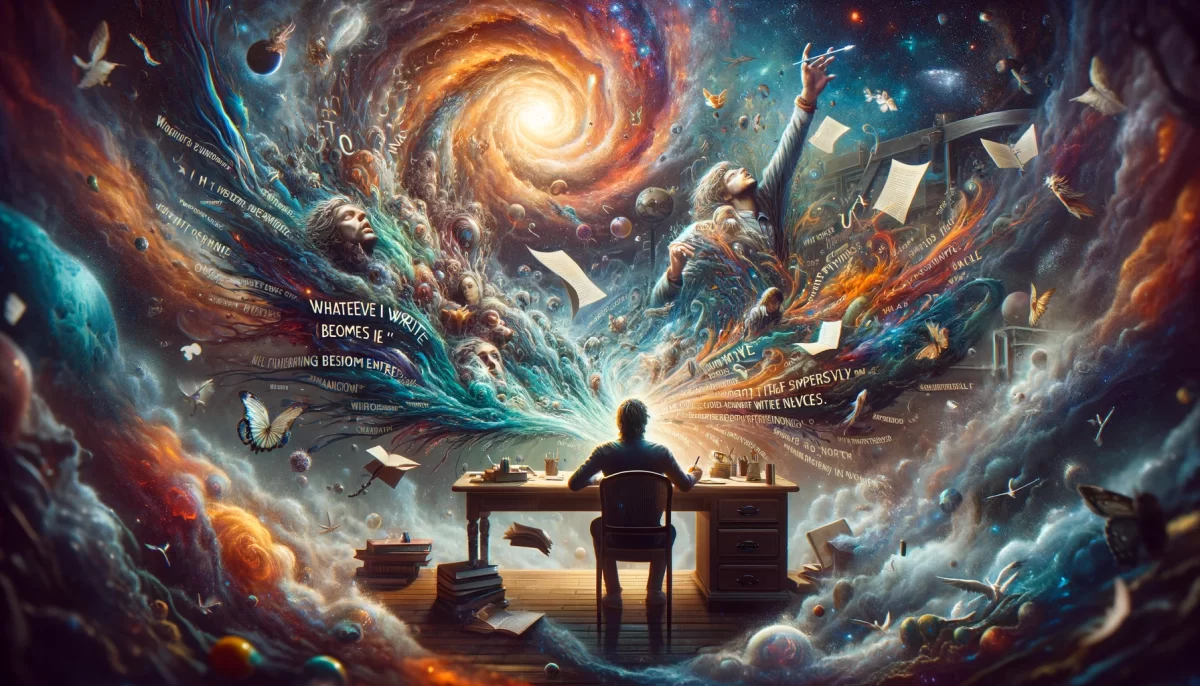
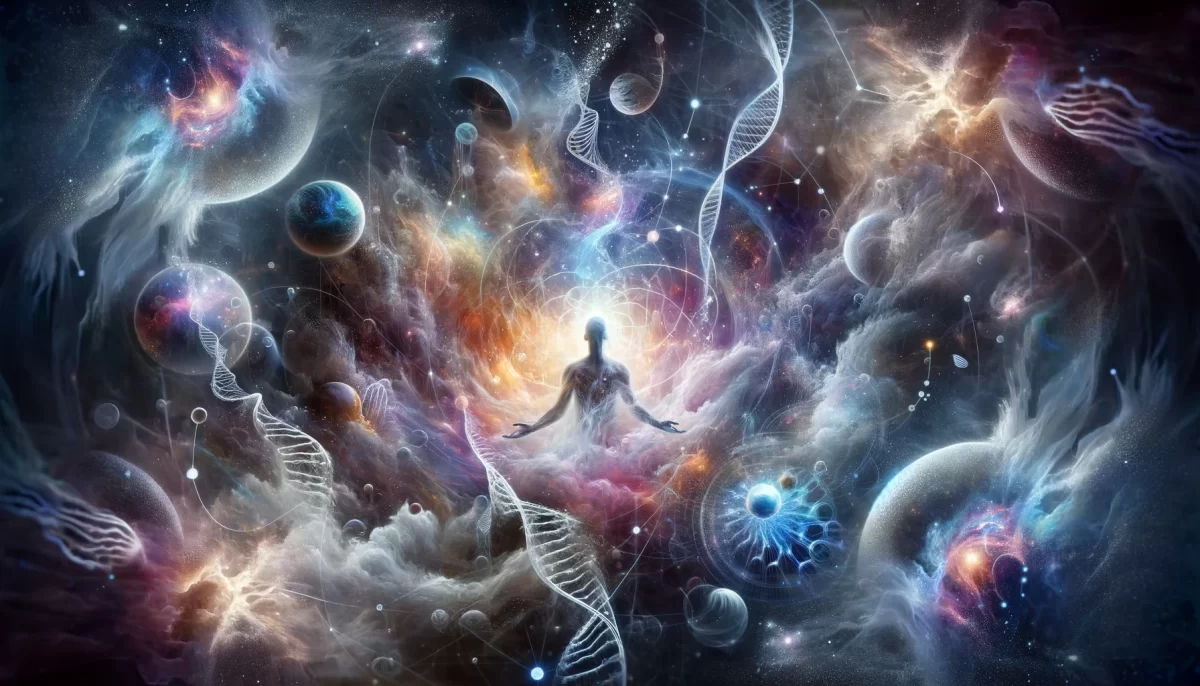

Leave a Reply